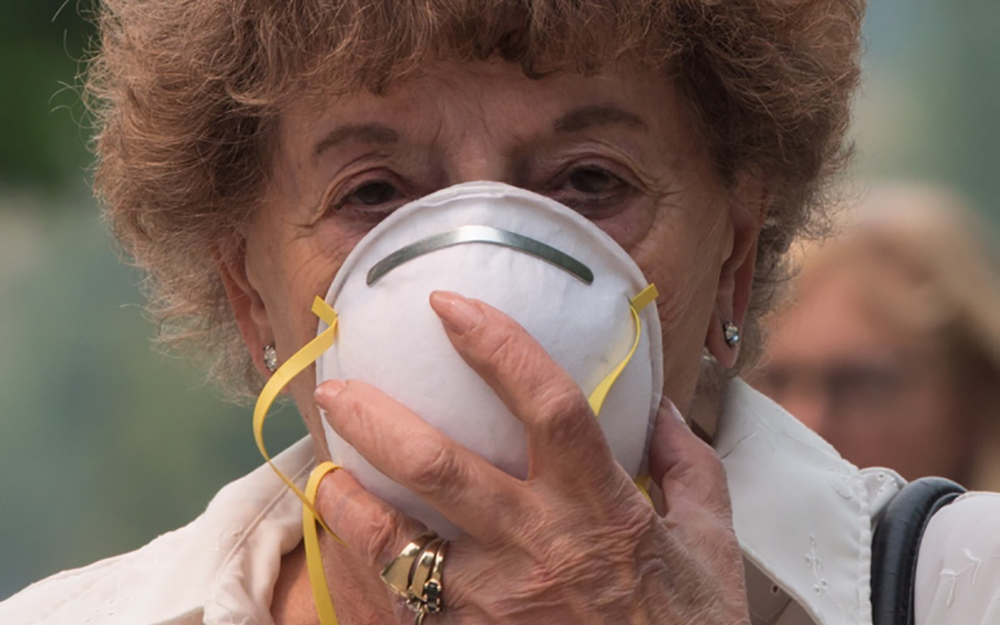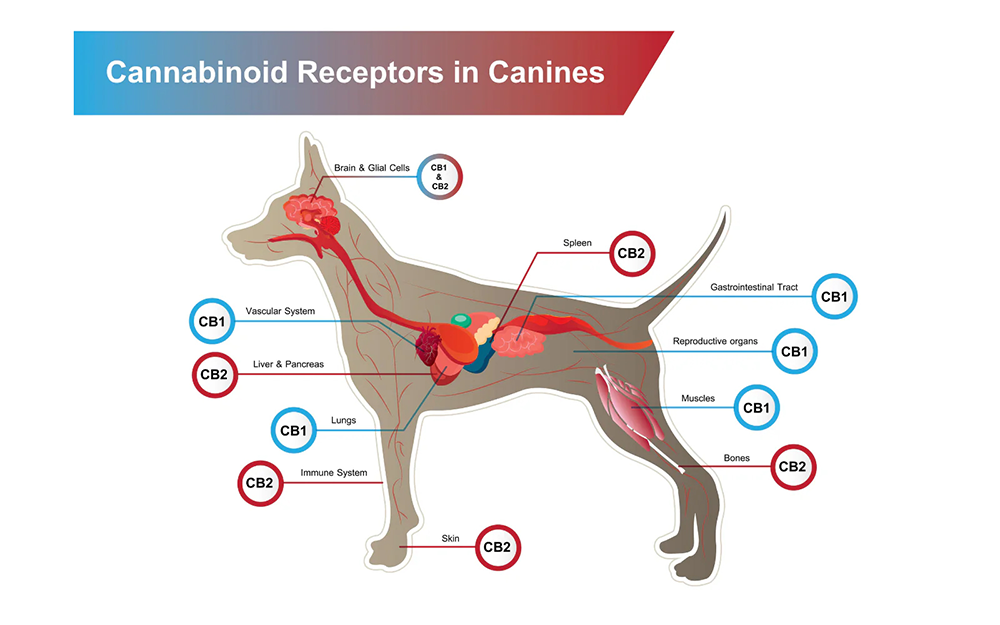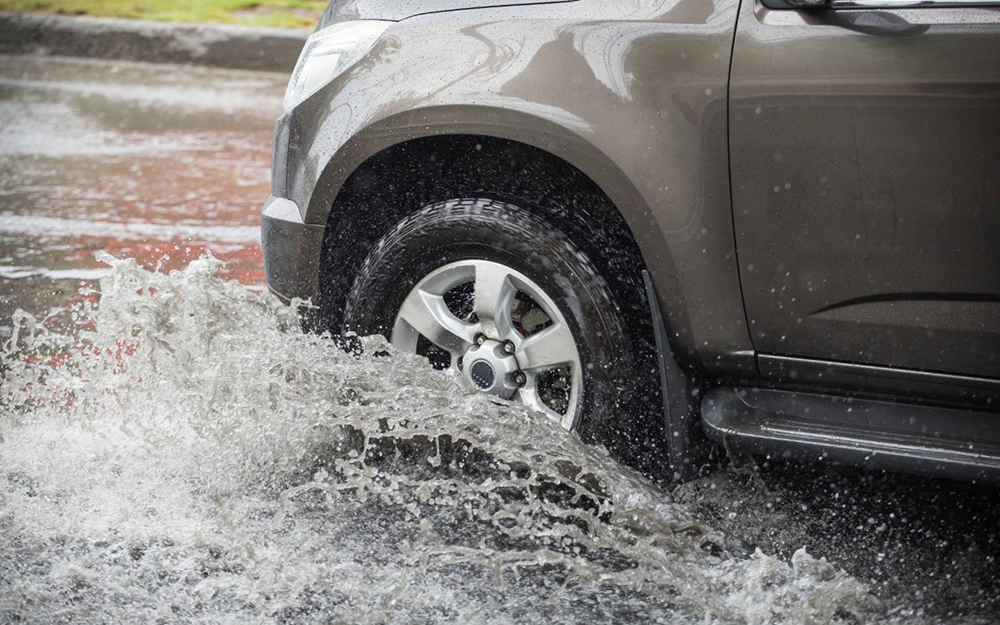
BY FIRE CHIEF SAM DIGIOVANNA
Wildfires seem to be burning daily in almost every county. You may not live directly in the Wildland Urban Interface (WUI) however you will likely be impacted by the large amount of smoke generated by these fires.
Particulate matter generated from the smoke is the main public health threat during short-term exposure to wildfire smoke, so it’s crucial to protect yourself.
The thicker the air density the more the smoke stays trapped lower to the ground. Therefore coastal areas with a marine influence or days when the relative humidity are high, expect smoke to be more prevalent. Day when relative humidity is dry, the smoke rises high into the atmosphere. Additionally, when winds are strong, the smoke is pushed horizontally and hugs the ground in the direction of the wind.
“It’s about common sense during wild fires. If you can see the smoke, if you can smell the smoke, chances are the particulate matter levels are high. If you can do that, you should exercise caution,” reminds Chief DiGiovanna.
Stay indoors; close all doors and windows. Avoid vigorous outdoor and indoor activity. Those with respiratory difficulties or heart problems, as well as the elderly and young children should all remain indoors. Keep windows closed and run your air conditioner if possible. When smoke subsides, you should air out your home to clear any polluted air that might be trapped inside.
What if I have to be outside? Wearing a special N95 or P100 respirator mask can help protect you against the fine particles in smoke. Paper or surgical masks are not effective in preventing inhalation of smoke.
Remember, a car should only be used to leave an area, not as shelter. If you’re in a car, close windows and doors and run your car’s air conditioner, making sure you’re circulating the air already in the car and not pulling in fresh/smoky air.
Stay Safe!
Fire Chief Sam DiGiovanna










































